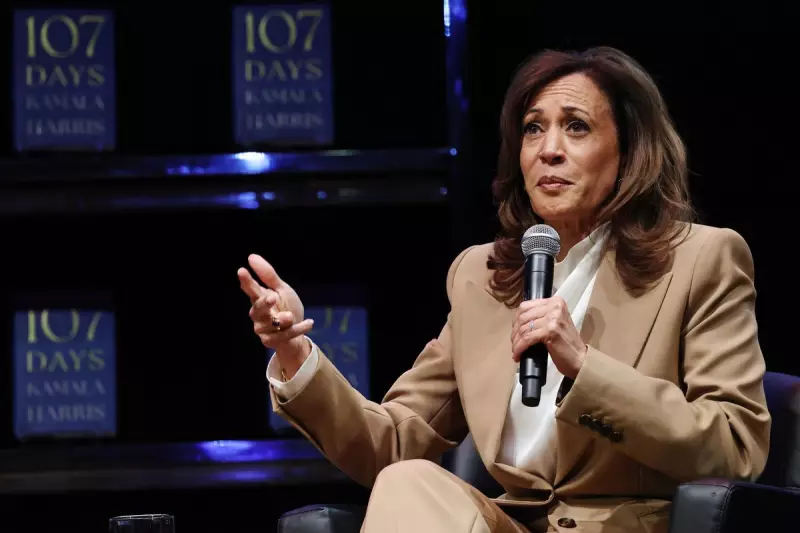
A seismic shift is occurring in American politics as young voters express unprecedented dissatisfaction with President Joe Biden, according to exclusive new polling data that reveals a growing appetite for female leadership.
The comprehensive survey indicates that younger Americans are increasingly disillusioned with the current administration, with many actively seeking alternative candidates who better represent their values and vision for the country's future.
Youth Exodus from Traditional Politics
Polling figures demonstrate a remarkable departure from traditional voting patterns among millennials and Gen Z voters. These demographic groups, once considered reliable supporters of the Democratic establishment, are now openly questioning their political allegiances.
The data reveals a particularly striking trend: young voters are not merely expressing dissatisfaction with current leadership but are specifically advocating for more women in the highest political offices.
Female Leadership Gains Momentum
Across the political spectrum, respondents indicated a growing preference for female presidential candidates. This sentiment appears to transcend party lines, suggesting a fundamental change in how younger generations perceive leadership qualities.
Multiple factors appear to be driving this preference shift, including:
- Perceived competence in crisis management
- Stronger alignment on social and environmental issues
- Greater representation of diverse perspectives
- Different approaches to political discourse and collaboration
Implications for Future Elections
This emerging preference for female leadership could dramatically reshape the American political landscape in coming election cycles. Political strategists from both major parties are likely to reassess their approach to engaging younger voters.
The polling data suggests that candidates who fail to recognize this evolving dynamic risk alienating a crucial voting bloc that increasingly determines electoral outcomes.
As one political analyst noted, "We're witnessing the early stages of a generational transformation in political preferences that could have consequences for decades to come."






